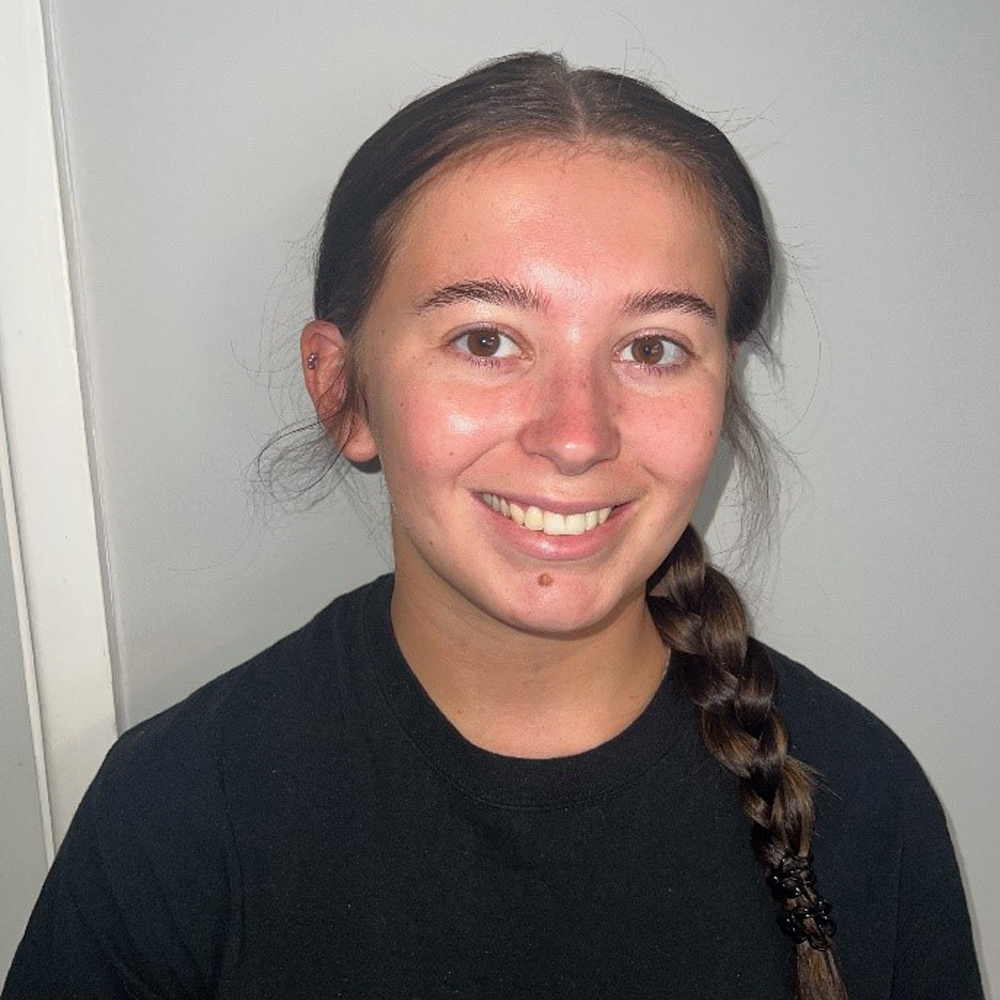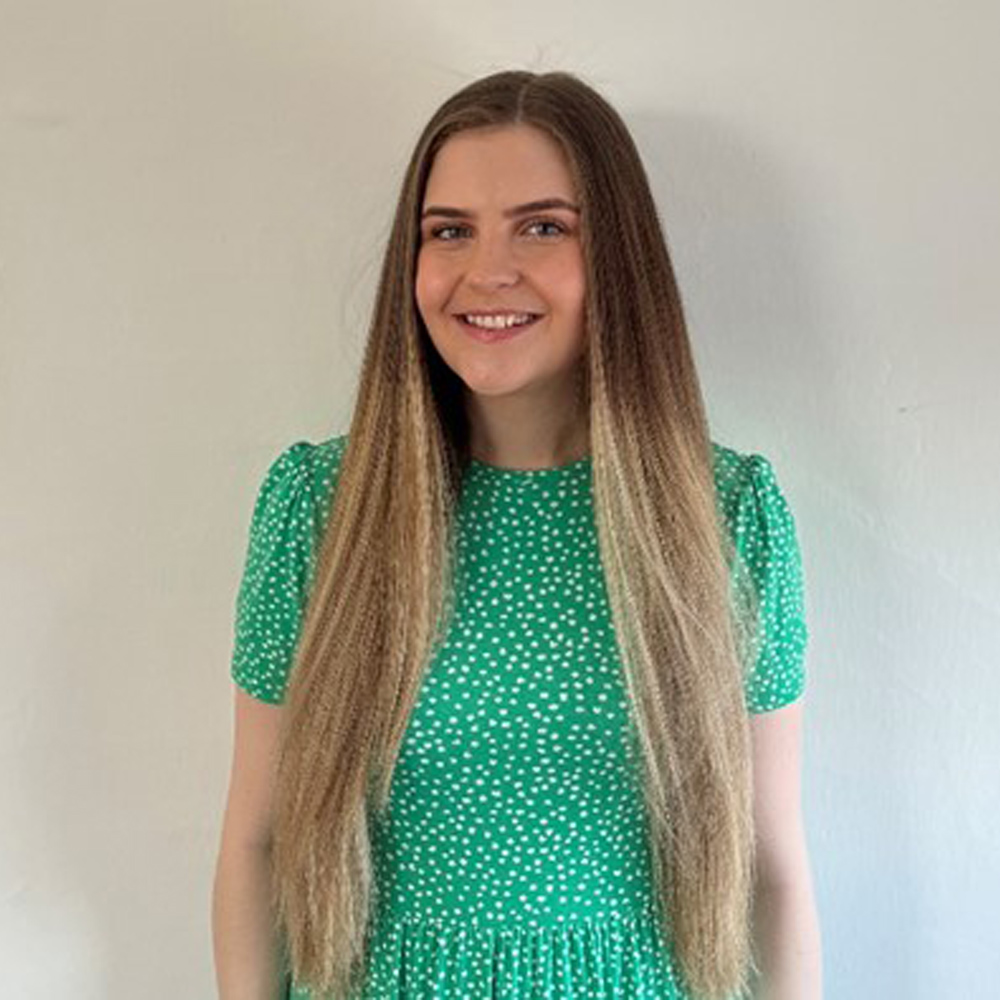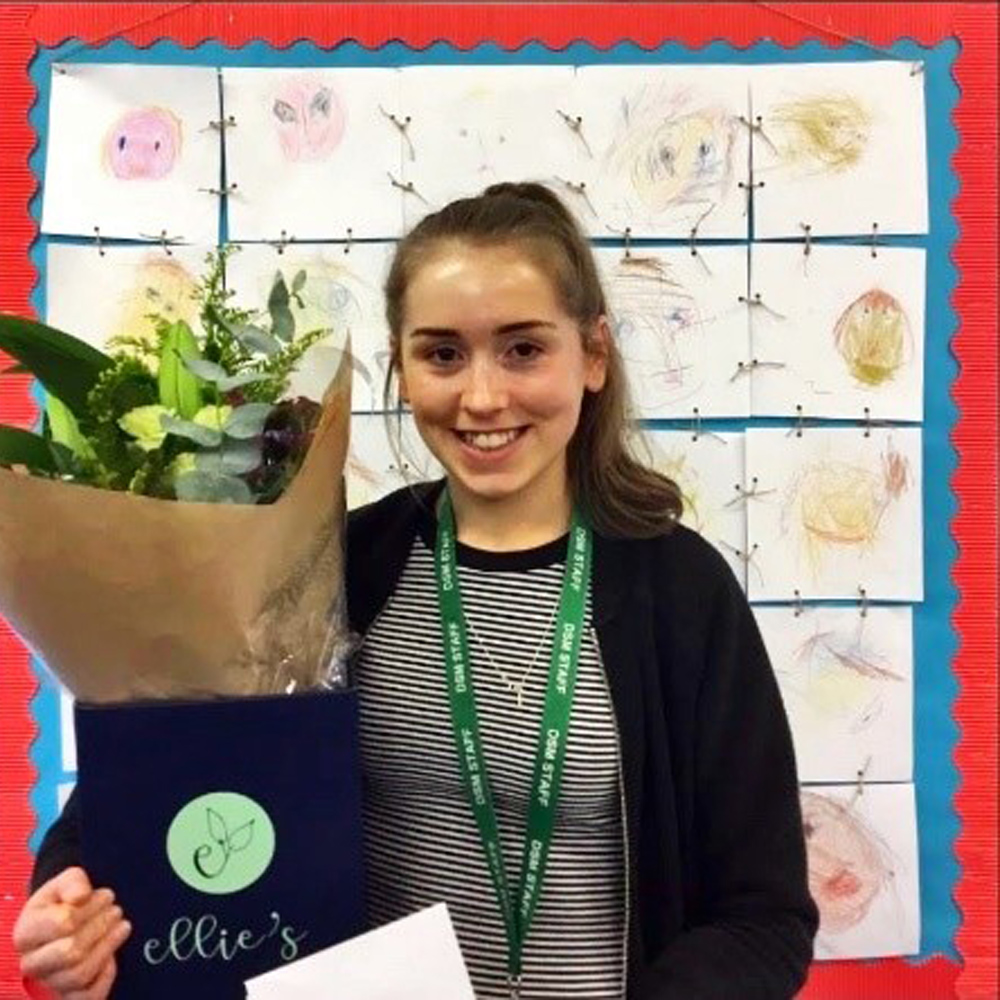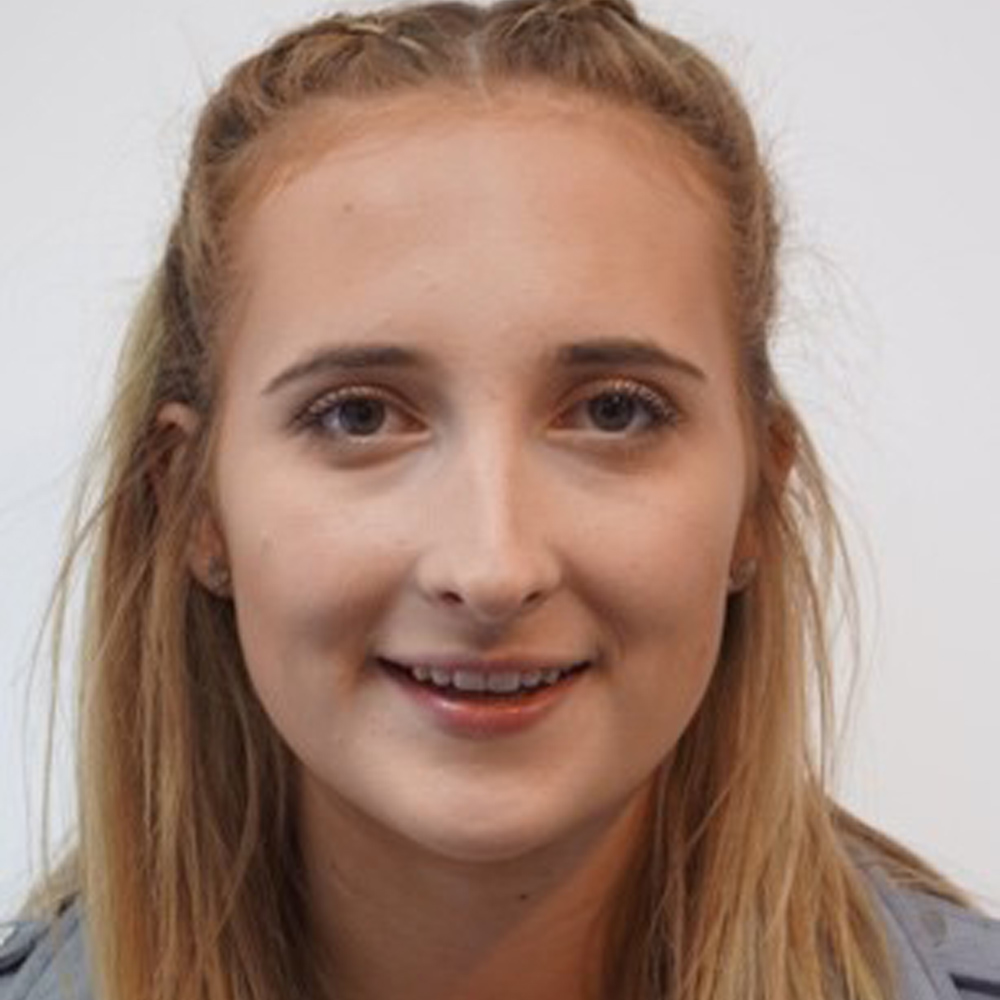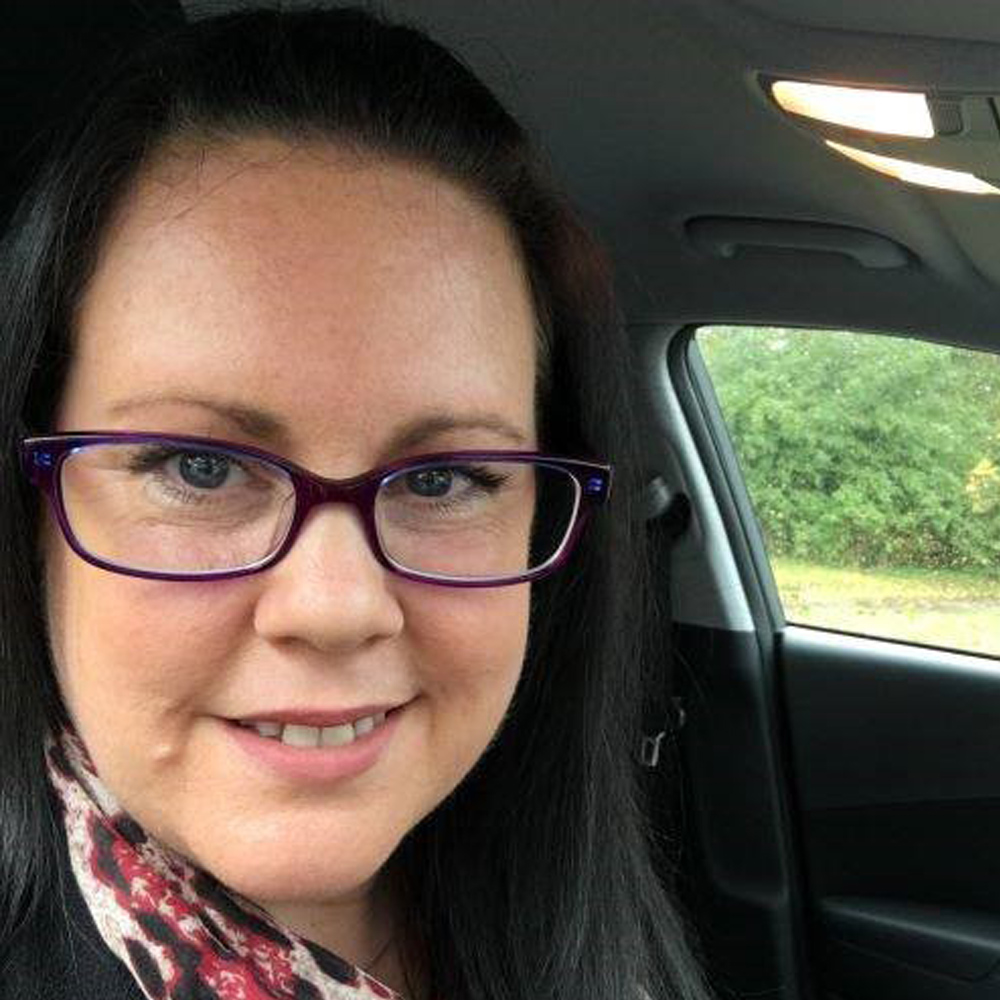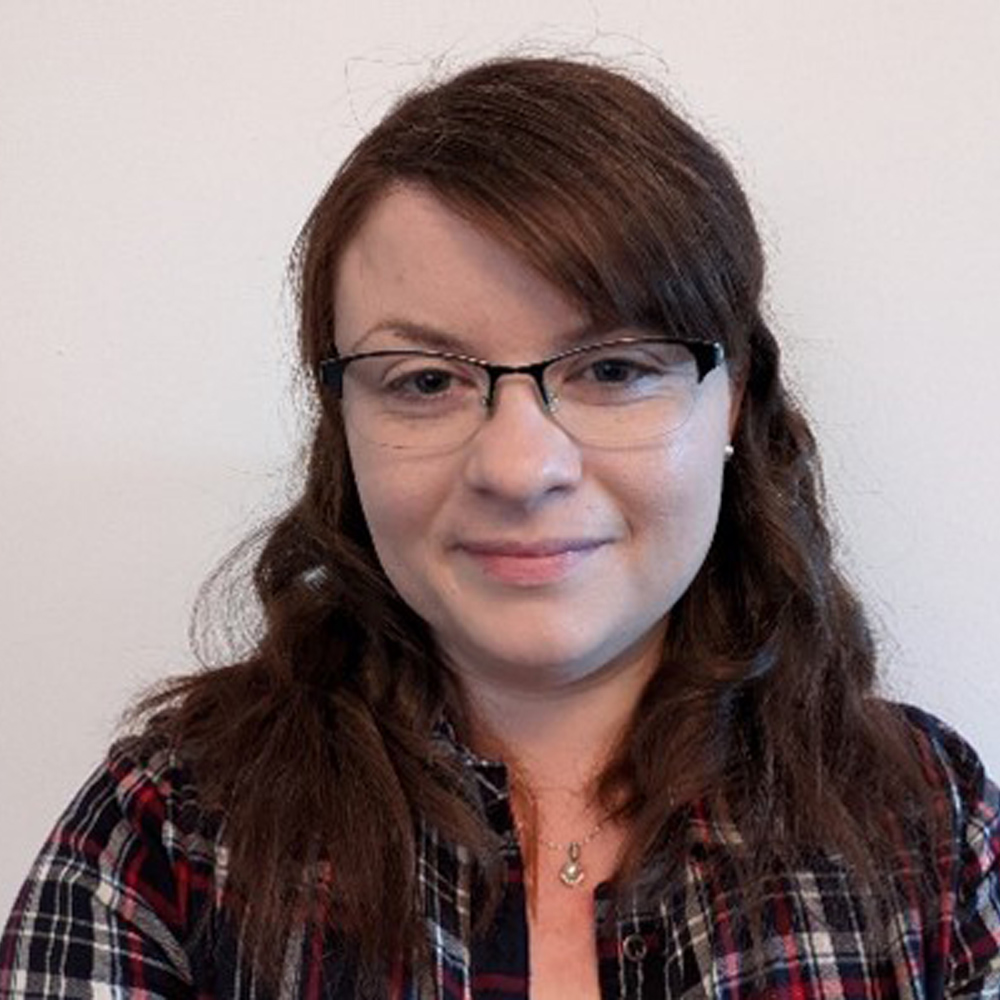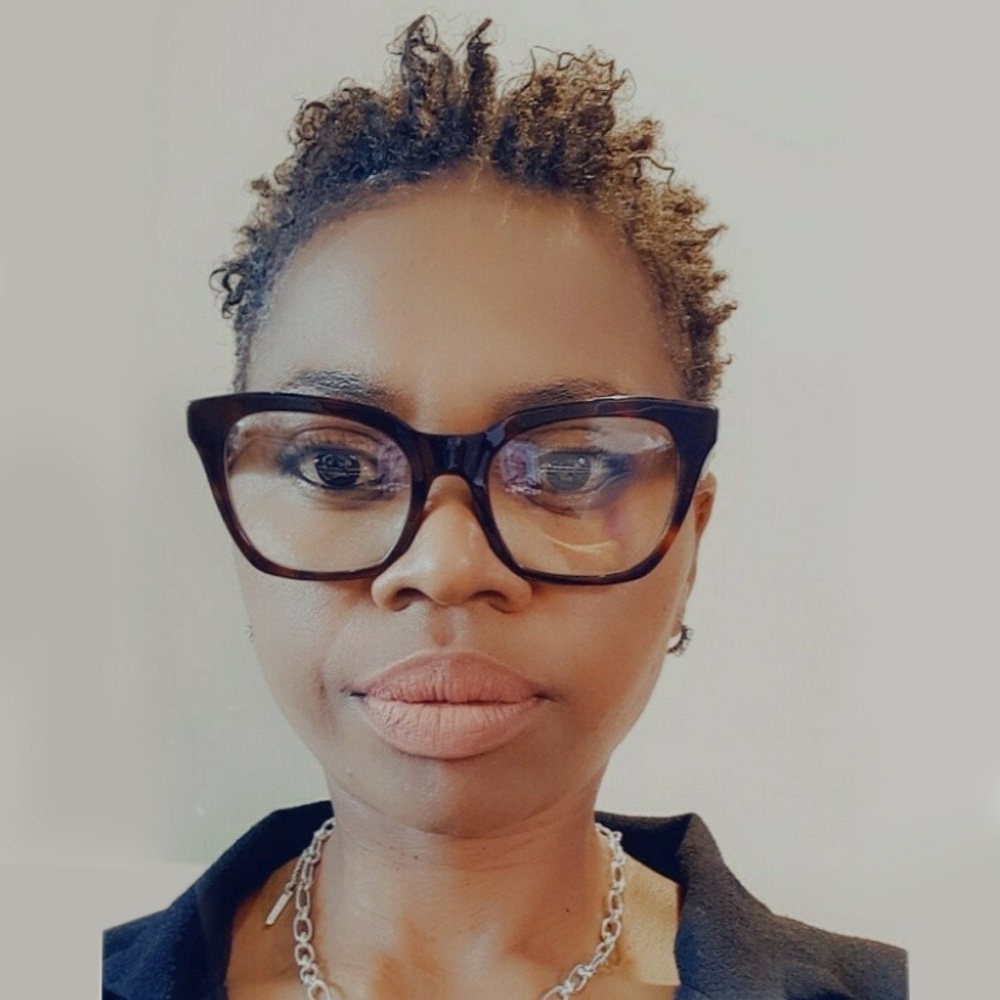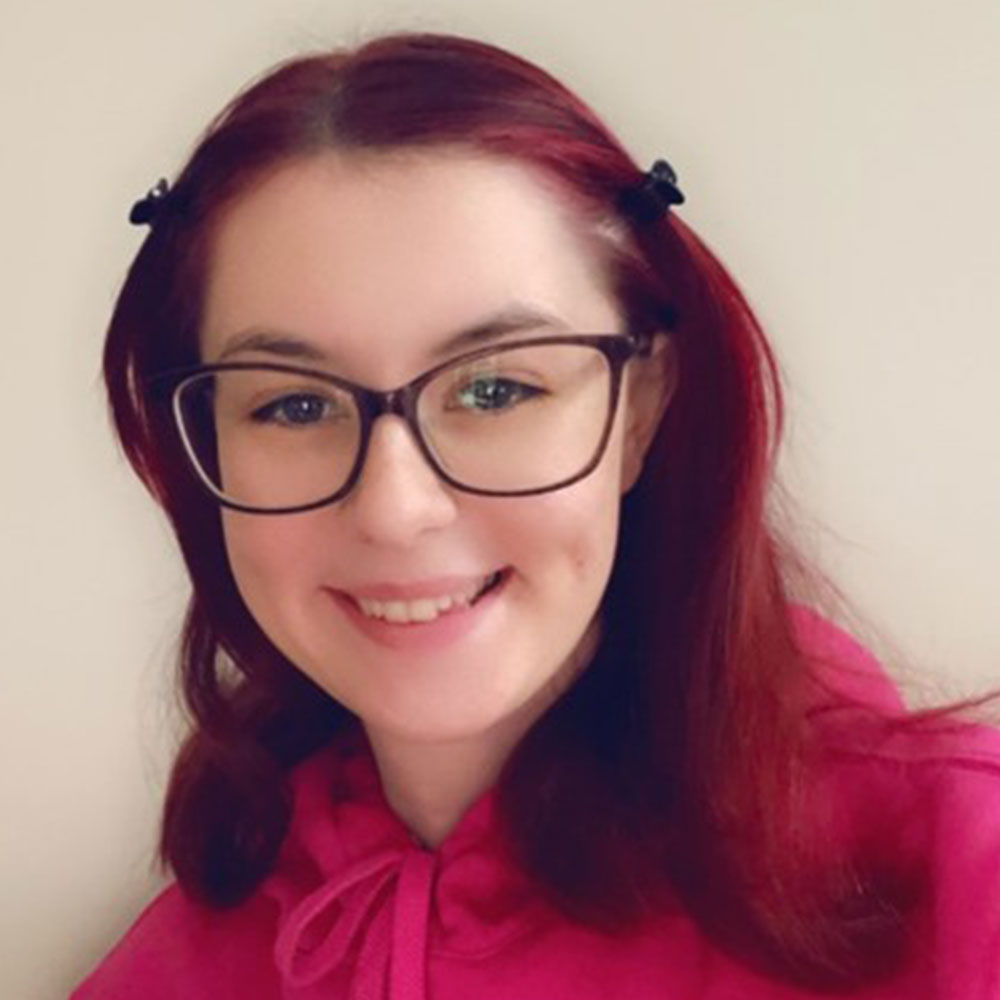SSP Ambassadors
SSP is the DfE approved approach to teach children to recognise letters (graphemes) and their associated sounds (phonemes) in order to read.
Why is Systematic Synthetic Phonics (SSP) important?
Systematic Synthetic Phonics is important as a teaching strategy supporting children with their reading and spelling. Children are taught the letters and sounds as part of an Systematic Synthetic Phonics DfE approved scheme, beginning from Reception.
Our SSP Student Ambassadors are students currently studying on our teacher training programmes within the Faculty of Education and all have a passion for phonics. The aim of the scheme is peer to peer support to ensure that all students are confident and competent to teach Systematic Synthetic Phonics in schools.
Ambassador profiles
For further information please contact the Early Years team.
Faculty of Education courses